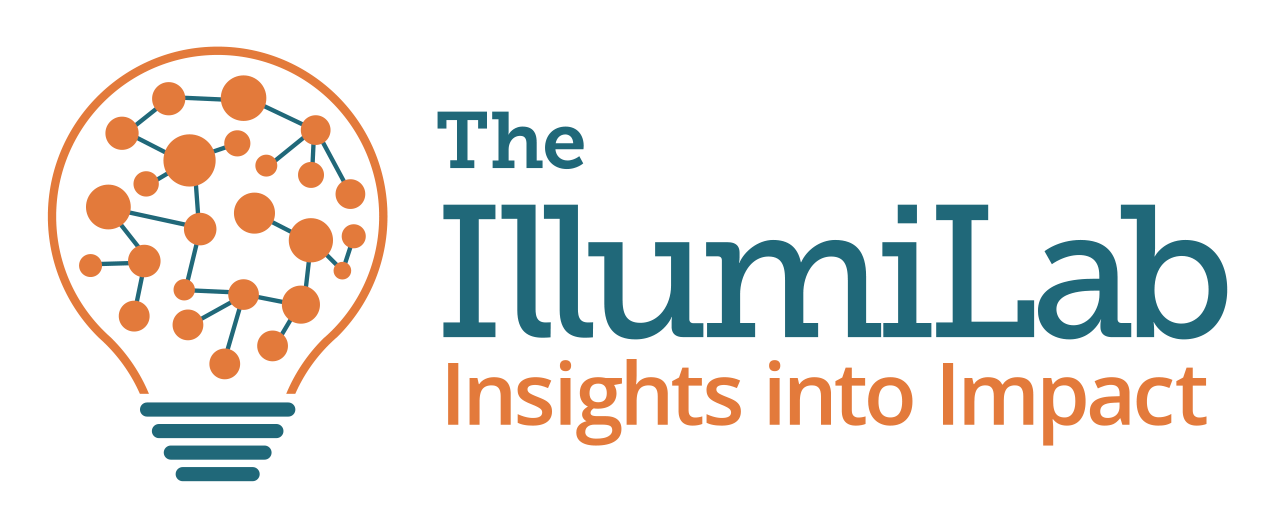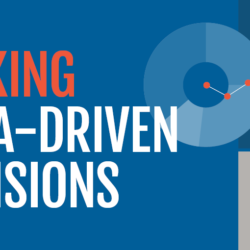Hiring Your First Internal Evaluator: Knowing Who You Need
This is our third and final post in a series sharing tips from The IllumiLab team and members of our community of practice for nonprofits that are preparing to hire their first internal evaluator. In our last post, we shared some tips and questions to consider as you decide what type of support your evaluator[…]






